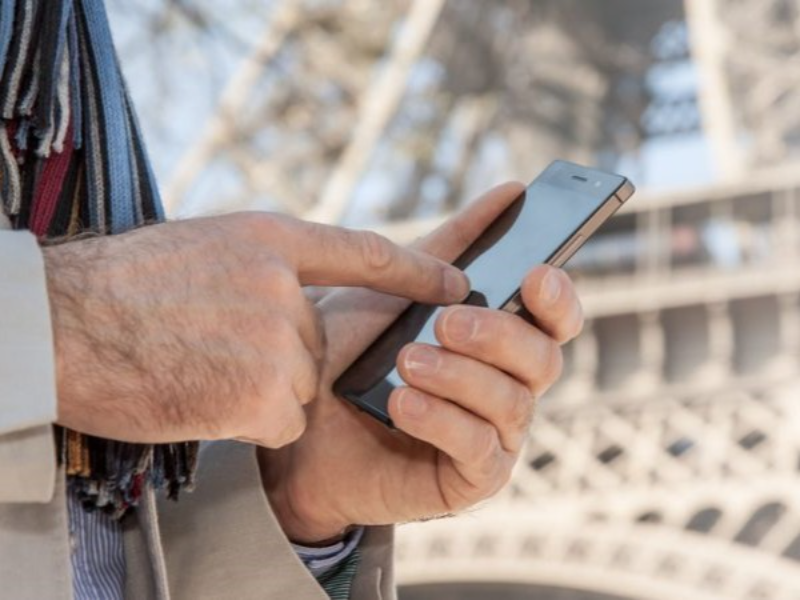- French telecom services suffered disruptions due to sabotage attacks on long-distance cables, affecting multiple locations and operators but sparing Paris where currently hosts the Olympics.
- The Defence Electronic Communications Centre is working with affected providers to swiftly restore services.
OUR TAKE
The sabotage of fibre optic cables in France underscores the critical need for enhanced cybersecurity and infrastructure diversification. Such attacks highlight vulnerabilities in concentrated network assets, emphasizing the importance of robust protection and a more distributed digital landscape to mitigate risks and ensure service continuity.
–Vicky Wu, BTW reporter
What happened
French telecom services faced disruptions due to sabotage attacks on long-distance cables, marking the second such incident during the Olympic Games in Paris. On Sunday night, major operators including SFR and Bouygues Telecom were affected, although Paris remained unaffected.
Multiple locations across the country experienced damages to telecommunications infrastructure, affecting fibre optic services and mobile internet connectivity, according to Marina Ferrari, France’s junior minister for digital affairs. The French Ministry of the Interior has not yet commented, while the French cybersecurity agency ANSSI has ruled out a cyberattack. SFR, the country’s second-largest telecoms provider, confirmed that its long-distance fibre network was sabotaged in five locations between 1 am and 3 am, impacting itself and other operators using its network.
No group has claimed responsibility, but officials suspect individuals with “ultra-left” political leanings may be involved. The Defence Electronic Communications Centre is collaborating with affected operators to restore services swiftly.
Also read: AI innovations set to revolutionise Paris Olympic Games
Also read: Canadian soccer team accused of spying during Olympic practice
Why it’s important
The deliberate cutting of fibre optic cables in southern France highlights the vulnerability of critical national infrastructure to malicious attacks. John Bradshaw, Director of Cloud Computing Technology and Strategy at Akamai, commented on the complexity of repairing such damage, noting the need for specialised equipment and expertise.
Bradshaw also highlighted the concentration of online infrastructure among a few providers and data centres, which creates potential choke points for attacks. He suggested that a more distributed model for digital infrastructure, spreading networking and computing power more evenly across the country, could mitigate the risk of significant disruptions.
Marina Ferrari condemned the acts on X (formerly Twitter), stating, ” I condemn these cowardly and irresponsible acts in the strongest possible terms.” According to the French telecom regulator, ARCEP, over 10,000 customers have been affected by the disruptions.
The incident underscores the importance of robust cybersecurity measures and the need for diversification of critical infrastructure to prevent future attacks from causing similar widespread outages.

